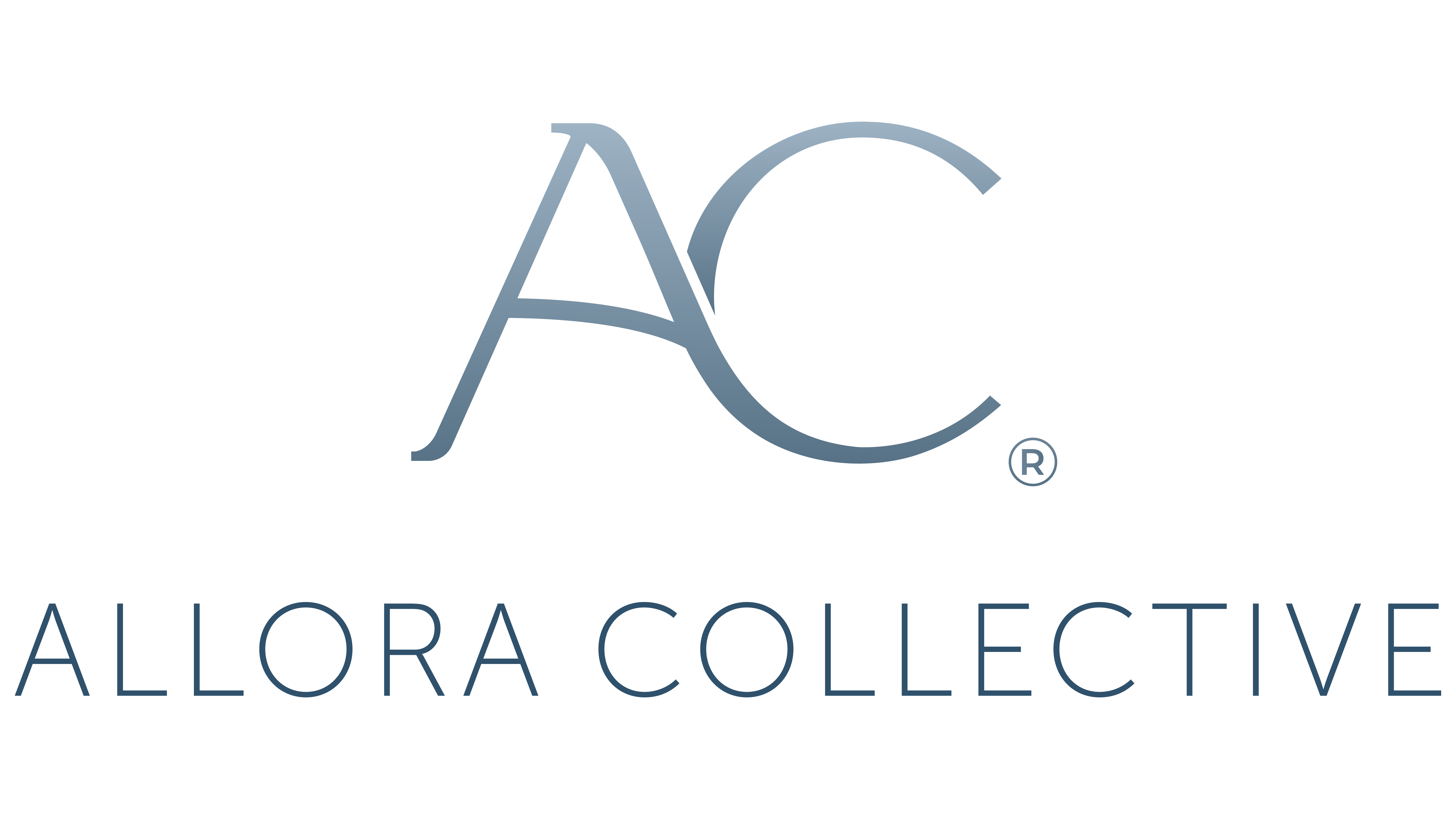
Use Your Interview Notes To Improve Your Results And Look For These Interviewer Red Flags

Interviewing is a skill and you can improve your performance with these techniques. Using your notes of the questions and answers from each interview to assess your communication will improve your results. You should be practicing answering interview questions as part of your preparation either with a qualified career coach, colleague or friend.
After each interview, spend ~5-15 minutes making notes of the questions you were asked and your answers. Try to write the exact words as best as you can. Do this as soon as possible after the interview and don’t overthink it, just write it before you forget. You can also use a voice to text app!
Then, review your notes and look for improvements you can make by asking yourself these questions.
- Did your ‘tell me about yourself’ directly connect your qualifications to the role?
- Did you include relevant data points and the results or impact of your work when you described a career example?
- Did the interviewer ask a question you didn’t expect that you could have answered better?
- Did they ask you a situational question in which case you could have asked them for an example of how they manage something similar with their team?
- Did any of your responses answer a different question than they asked you?
Your coach can help you with this and it’s a great way for a coach to understand how you communicate during interviews. When they have insight into your interview performance they can offer strategies or different methods that will help you improve.
The interview process is not only for hiring teams to judge a candidate, it is also an opportunity for candidates to decide if they should work with the team.
- Create a set of several questions based on your values, and who YOU belong working with to ask each hiring team.
- Ask behavioral or situational questions and ask for examples. If they don’t give you an example, red flag. If the company had any layoffs recently, ask for an example of how they supported those who exited and employees who were not affected to help them feel their jobs were safe.
- If growth is important to you, ask the hiring manager for a recent example of someone on their team who advanced in their position, and how they supported them.
- If you want flexible work hours, ask team members for an example of how they help each other manage unexpected situations that happen during work hours(home repairs, caring for someone who is sick, etc.).
Red Flag Warnings
- No clear interview process
- No transparency of salary and total compensation range
- Interviewer is not prepared, not listening, reading their phone, or something else
- Interviewer asks the same question(s) as other interviewers
- Interviewer does NOT make time for you to ask questions
- Interviewer gives vague answers to your questions and no examples
- Interviewer asks no follow-up questions and it feels like a test, not a conversation
- The role changes to a lower level and pay during the interview process
What interview red flags have you experienced?
Leave a comment and share your experience.
BOOK A FREE SESSION and ask one of our coaches about how we will help you improve your interview results or what to do about red flags.
Learn more about our team page HERE.
Kelly Kugler
Kelly is the Founder of Allora Collective, a career manager with two decades of experience, and a relocation strategist for expats and digital nomads in the US, Europe, and LATAM. After creating talent programs for startups and global companies, including General Assembly, NFL, and Booking.com, she built Allora Collective. She manages the careers of individuals providing one-on-one coaching and partners with companies to customize workshops and coaching packages for their teams.



